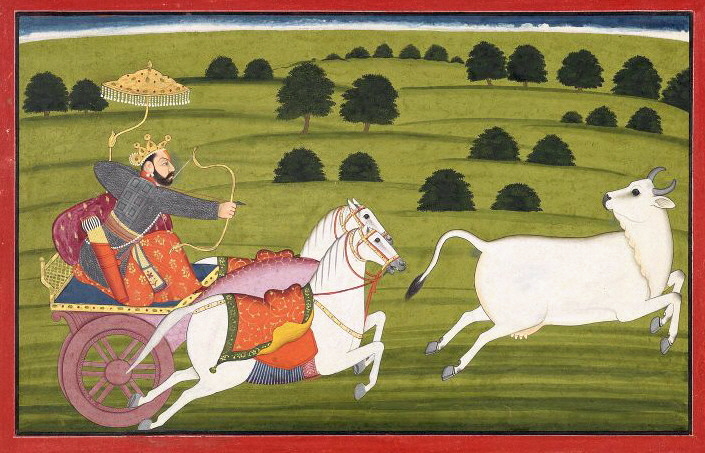
In his book The Virtue of Nationalism, Yoram Hazony defines a nation on the basis of “a common language or religion, and a past history of acting as a body for the common defense and other large-scale enterprises.” We may, like him, dream of a nation whose majority does not try to impose its language, religion, or values to minorities. We may dream of a nation founded on the individuality, and thus on the individual liberty, of its members. But state-protected collections of liberty-loving individuals are not common in the world. In general, nationalism consists in the celebration of coercive uniformity.
The current issue of The Economist reports on Indian nationalism , which does not project an image of enlightenment and liberty (“Narendra Modi and the Struggle for India’s Soul,” March 2, 2019). Speaking of the the Bharatiya Janata Party (BJP), the party of the current prime minister Narendra Modi, the magazine writes:
Violence has also accompanied a campaign in BJP-run states to apply stringent laws against the slaughter of cows, sacred beasts to Hindus. Between 2015 and 2018 some 44 people, 36 of them Muslim, have been beaten or hacked to death by cow vigilantes, says Human Rights Watch, an NGO. The ban has not spread nationally, partly because many Hindus outside the “Cow Belt”–the conservative middle and west of the country–eat beef, and partly through anger among farmers who can no longer sell cows beyond milking age. [Last sentence lightly edited to correct a glitch in the online magazine]
(The featured image in my post represents Prithu, the first anointed king of India, chasing the earth-cow Prithvi before milking her. “Before Prithu’s reign,” Wikipedia reports, there was “no cultivation, no pasture, no agriculture, no highway for merchants.” An economist or political philosopher might ask: Is prosperity the gift of the state milking but not killing the goddess cow? Or is the state just milking the nation cow?)
Cow vigilantism may be the epitome of nationalism. Fortunately, not everybody lives in the Cow Belt and some self-interested motives resist nationalism. But to combat ideas, ideas are also needed.

Comments are closed.